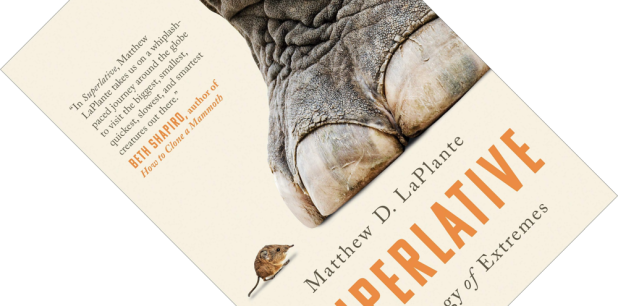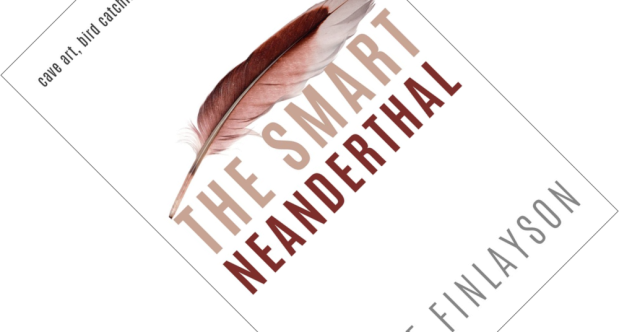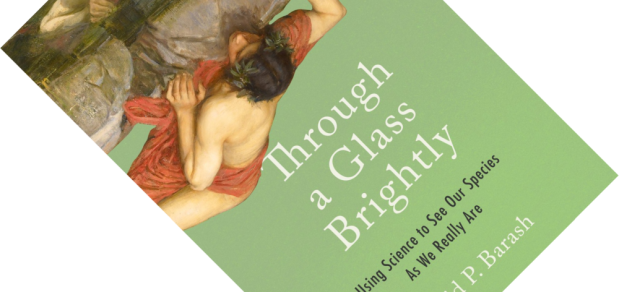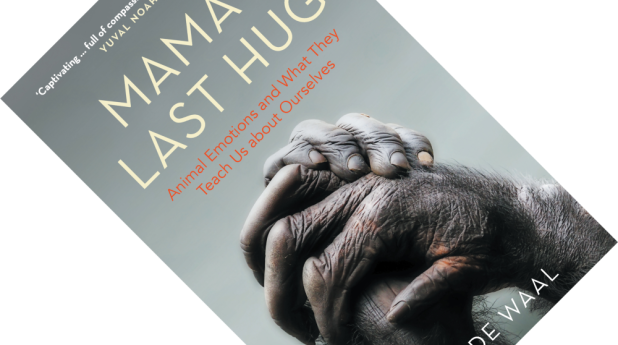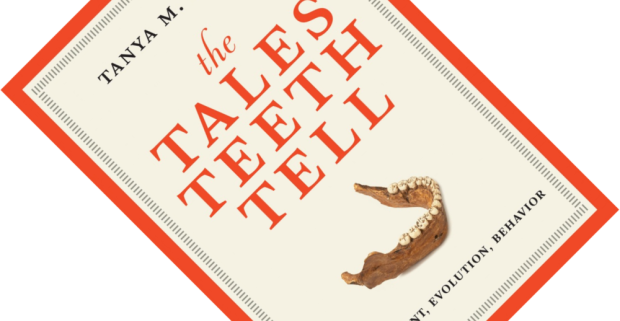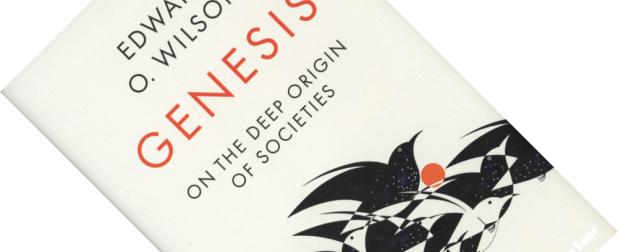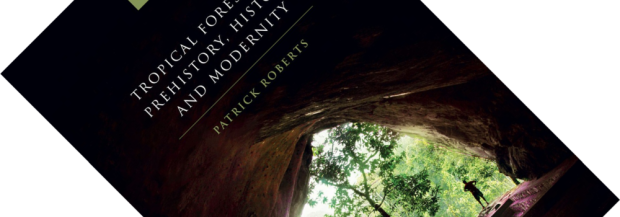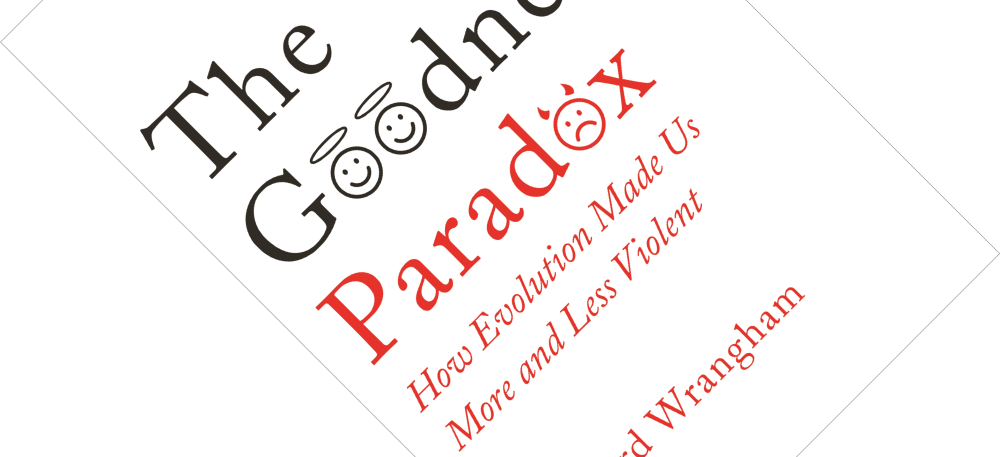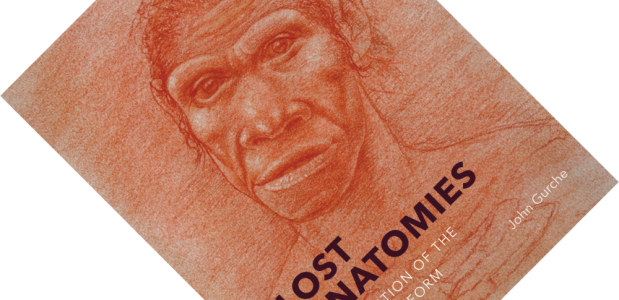5-minute read
Extremes fascinate us: the biggest, the fastest, the oldest, the tallest. Books and TV-programmes regularly scratch our itch for records, whether it is feats of engineering or biological extremes, and many sporting events revolve around humans attempting to set new records. One glance at the cover of Matthew D. LaPlante’s book Superlative and you might think that this is yet another book offering lots of gee-whiz factoids. You would also be wrong. Instead, this is an amusing and fascinating book that digs just that much deeper into the biology behind extremes, and why studying them is so worthwhile.

